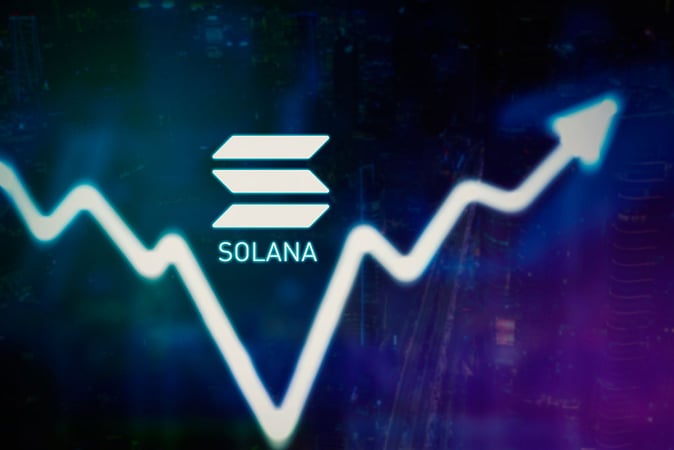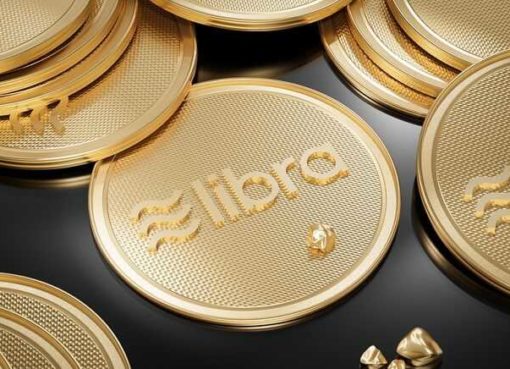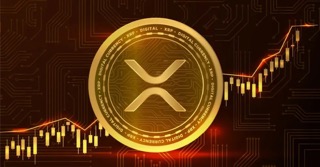Visa will now use payment processors to facilitate cross border transactions via the USDC stablecoin on Solana Pay.
Solana’s SOL token rose on Tuesday following news that Visa will begin expanding its stablecoin services, via USDC, to the Solana blockchain, in collaboration with payment solutions providers Worldpay and Nuvei. The SOL token jumped 6% at one point but later fell to 4.39%, trading at $20.25, according to data from Coin Metrics. As of writing time, CoinMarketCap data shows SOL at $19.81.
In an official statement, Visa said its intention is to make cross-border transactions more efficient. According to Visa’s Head of Crypto Cuy Sheffield:
“By leveraging stablecoins like USDC and global blockchain networks like Solana and Ethereum, we’re helping to improve the speed of cross-border settlement and providing a modern option for our clients to easily send or receive funds from Visa’s treasury. Visa is committed to being at the forefront of digital currency and blockchain innovation and leveraging these new technologies to help improve the way we move money.”
The statement explains how Visa cards facilitate payments between the user’s bank (the issuer) and the merchant’s bank (the acquirer), which involves clearing and settling several billion transactions every day. Visa says it has already launched live pilots with a few issuers and acquirers. The pilots have helped Visa move several million USDC over the Ethereum and Solana networks. The giant payment processor explains that pilots were used to settle fiat-denominated payments over VisaNet.
Visa Continues Crypto Efforts via USDC Settlement
The development allows Visa to process USDC through acquirers Nuvei and Worldpay, where the payments are then routed to the merchant banks. This process connects the cryptocurrency space with the traditional finance system and significantly reduces transaction settlement durations.
This development continues Visa’s push into crypto as the company tries to connect both worlds effectively. Last month, Visa announced that users will be able to pay Ethereum gas fees using their debit or credit cards. This means that crypto users can transact on the blockchain without an ETH balance. According to Visa, this process could “redefine blockchain-based transactions”.
Visa’s work with USDC began in 2021 when the company worked with Crypto.com to test stablecoin settlement. The pilot used USDC on the Ethereum blockchain to receive Crypto.com cross-border payments. Before then, these cross-border transactions required a few days of currency conversions. In addition, completing the process accumulated transaction fees.
As the traditional-to-crypto push continues, Coinspeaker recently reported that Canadian e-commerce giant Shopify (NYSE: SHOP) is letting users make instant payments with USDC via a Solana Pay integration. Shopify has previously incorporated several other crypto services for payments, including Crypto.com, Bitpay, and Coinbase. While USDC is the first crypto Shopify is using via Solana Pay, reports suggest that the plan is to add support for several other assets. The collaboration is likely to be of significant benefit to Solana Pay since Shopify’s presence in the e-commerce sector is heavy. The company sees at least 10% of e-commerce transactions in the US, worth more than $444 billion.
Tolu is a cryptocurrency and blockchain enthusiast based in Lagos. He likes to demystify crypto stories to the bare basics so that anyone anywhere can understand without too much background knowledge.
When he’s not neck-deep in crypto stories, Tolu enjoys music, loves to sing and is an avid movie lover.




